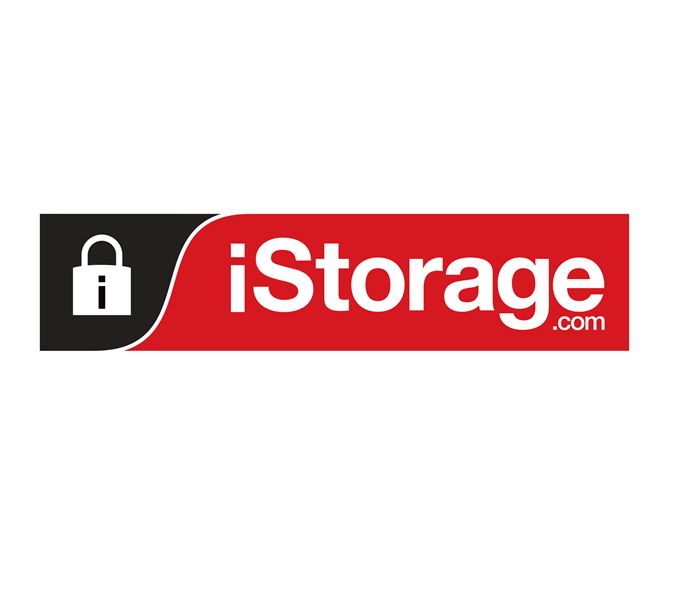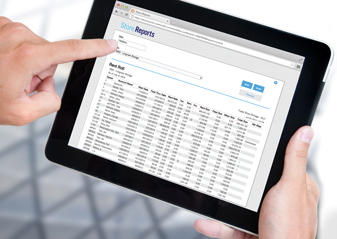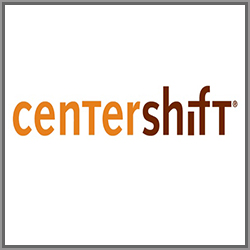Self Storage Data
Yardi Matrix Expands
Yardi Matrix has expanded its self storage coverage to 125 markets, up from 99. This total represents 26,535 properties, of which 1,398 are some form of new supply, and 1.4 billion square feet of space and encompasses 83% of the U.S. population. The addition of 26 markets produces the self sector’s most comprehensive market intelligence […]





